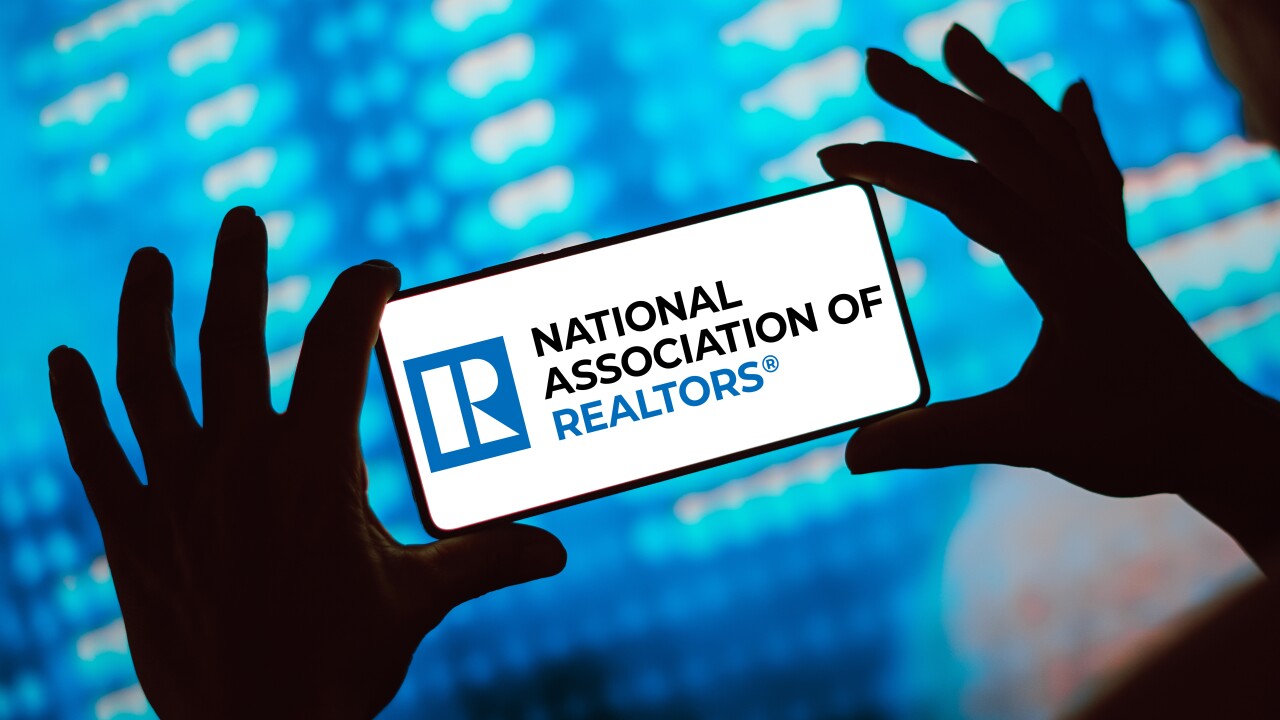The Consumer Financial Protection Bureau filed a lawsuit Wednesday against Freedom Debt Relief, the nation’s largest debt-settlement services provider, and its co-CEO Andrew Housser for allegedly deceiving consumers.
The CFPB said that Freedom Debt Relief charged consumers without settling their debts as promised, made customers negotiate their own settlements and misled customers about its fees.
The company, a unit of Freedom Financial Network in San Mateo, Calif., also failed to inform customers of their rights to funds deposited with the company, the CFPB said.

“Freedom took advantage of vulnerable consumers who turned to the company for help getting out of debt,” CFPB Director Richard Cordray said in a press release. “Freedom deceived consumers about its clout with creditors that it knows do not negotiate with debt-settlement companies, made some customers negotiate on their own, and misled consumers about its fees and their accounts."
Housser did not return calls seeking comment.
The lawsuit, filed in U.S. District Court for the Northern District of California, alleges that Housser met with representatives at American Express, JPMorgan Chase and Discover, in an effort to get the companies to reverse their policies against negotiating with debt-settlement companies.
The CFPB said that Housser knows through the failed negotiations that some major creditors will not negotiate with debt-settlement companies and he failed to explain to consumers that they might have to negotiate directly with creditors themselves.
In some cases, Freedom offers only guidance or coaching to consumers on how to negotiate a settlement on their own, the CFPB said.
The CFPB said Housser also misled consumers by claiming the company charges a fee only when it negotiates a debt settlement and consumers make a payment.
But the CFPB said Freedom charges its full fee, ranging from 18% to 25% of the amount of debt owed, even when creditors stop collections without a settlement and consumers negotiate settlements on their own.
Freedom requires that customers enroll in its debt-settlement program by depositing money into a dedicated bank account. Only when the account has sufficient funds does Freedom negotiate with the consumers’ creditors to persuade them to accept less than the actual amounts owed, the CFPB said.
The company also failed to clearly disclose consumers’ rights to funds in their account when they withdraw from the program, the bureau said.
Freedom and its co-founders have been caught in regulatory crosshairs in the past.
In 2009, Freedom entered into to a consent judgment with California regulators for making untrue or misleading statements to consumers, engaging in unlawful business activities and overcharging fees.
To settle the charges, Brad Stroh, Freedom's other co-CEO, and Housser agreed to allocate $500,000 to refund consumers and $450,000 to regulators, according to the consent judgment.





